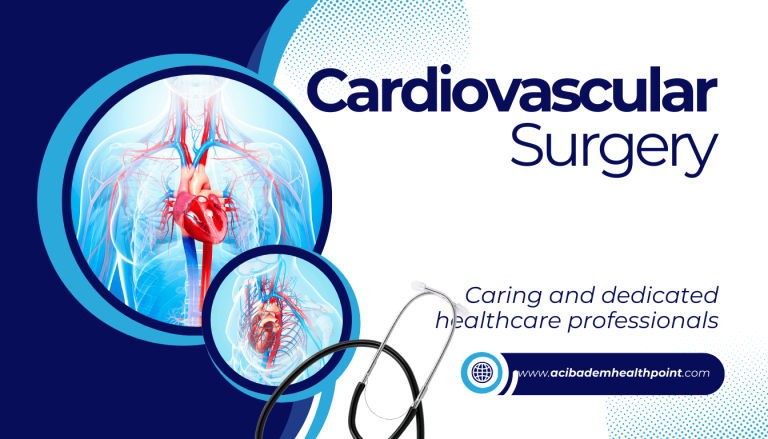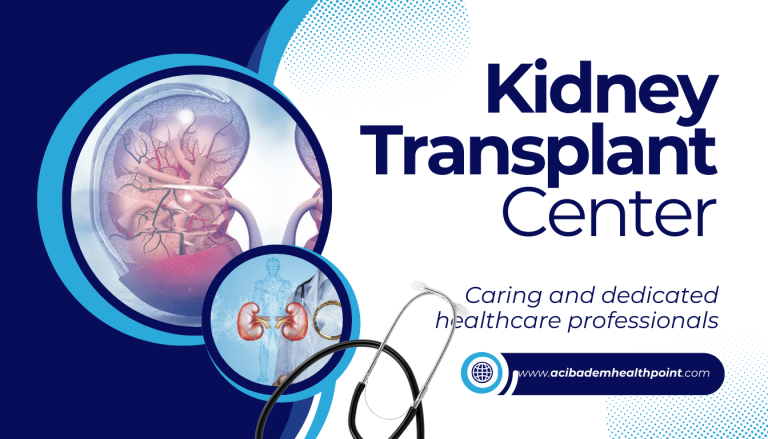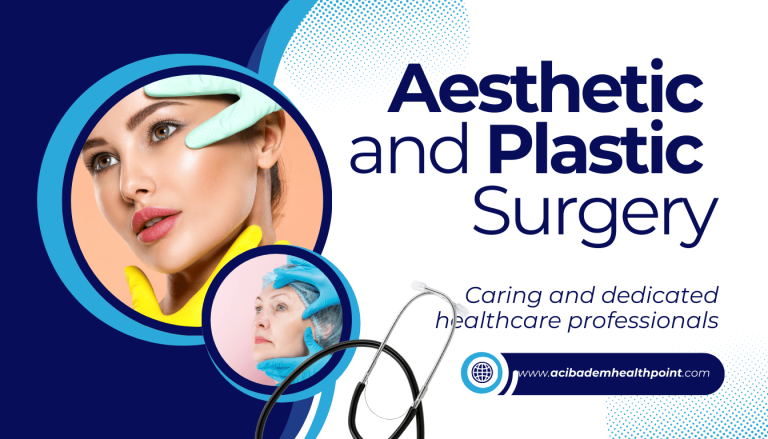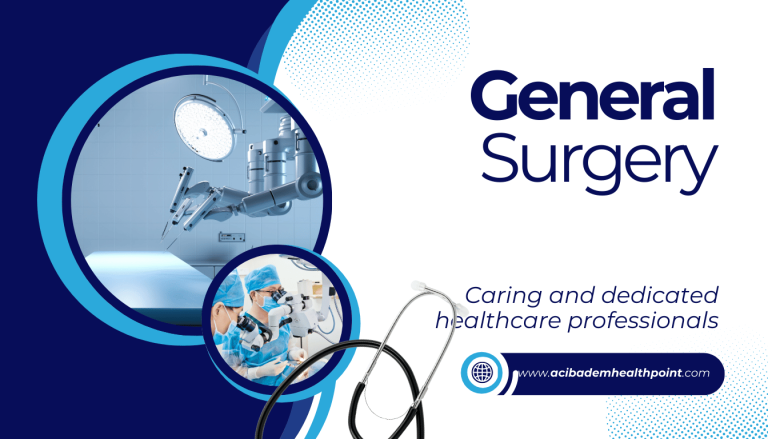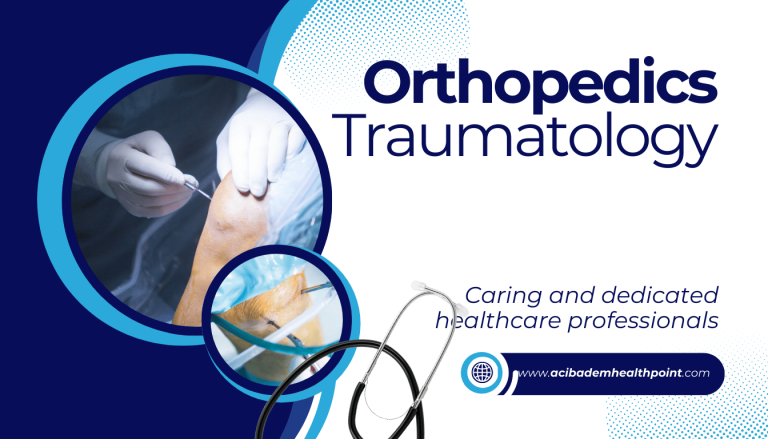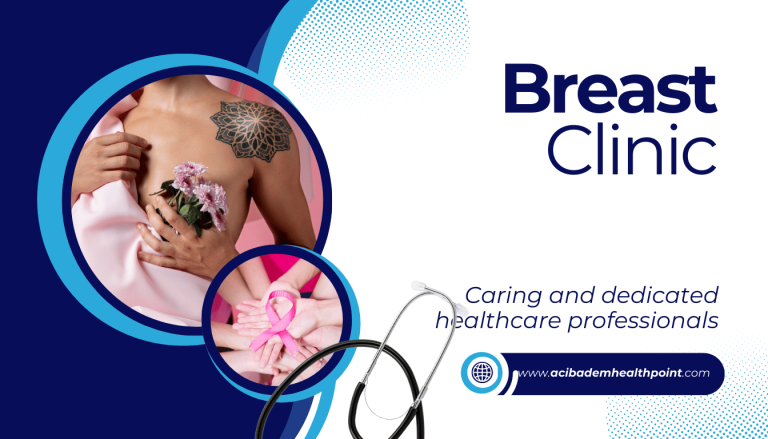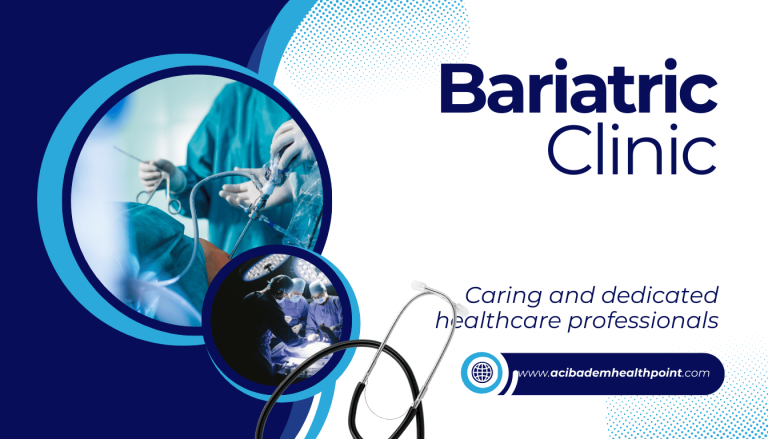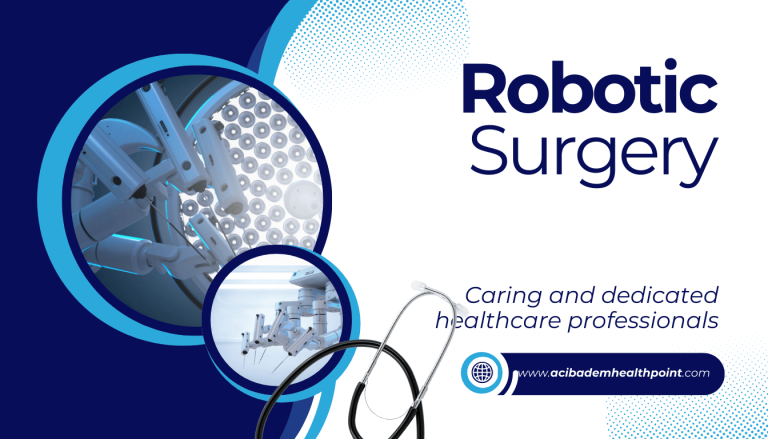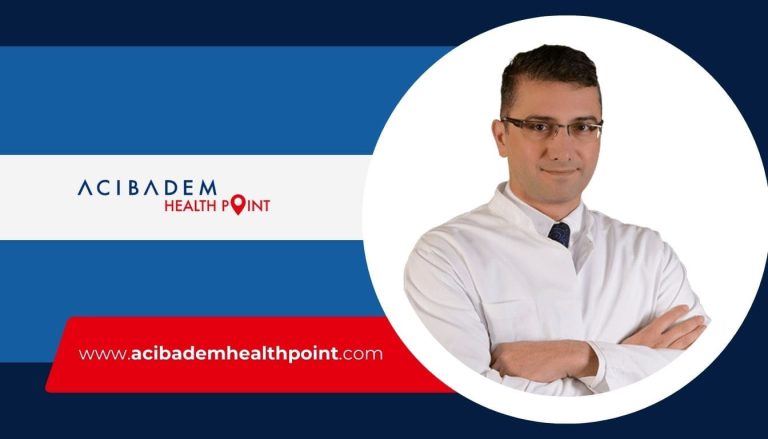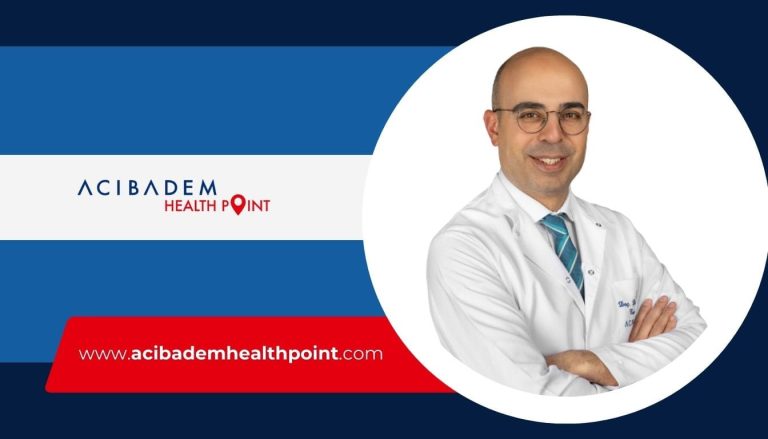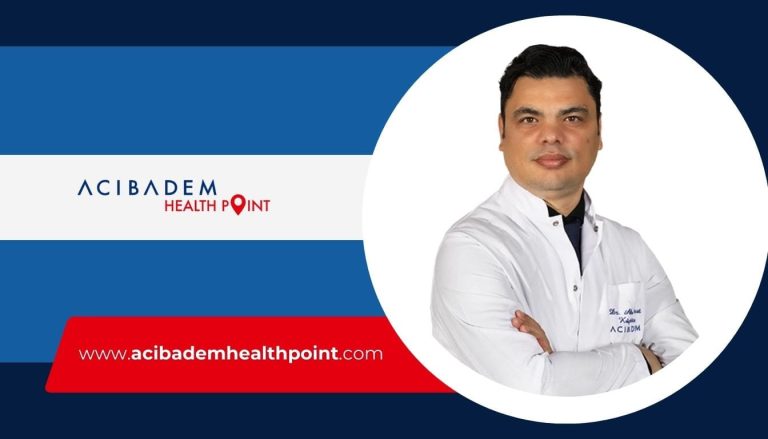ACIBADEM Hospitals: Delivering World-Class Medical Care
ACIBADEM Hospitals stand out as leaders in healthcare. They offer top-notch medical care in many areas. With the latest technology and expert doctors, they aim to give patients the best care. These hospitals are at the top of global healthcare. They are known for their quality and growth. ACIBADEM is a top choice for those looking for medical care abroad. They handle everything from complex surgeries to special therapies.
ACIBADEM is dedicated to breaking new ground in medicine. They are a trusted name worldwide for health services. They focus on making patients comfortable and using the latest treatments.
ACIBADEM Hospitals: A Legacy of Healthcare Excellence
ACIBADEM Hospitals are a top choice for medical care in Turkey. Starting in 1991, they’ve grown from one hospital to a huge healthcare network. Their focus on patient care has made them a key player in medical tourism.
Foundation and Historical Development
ACIBADEM started with a dream to change medical services in Turkey. It quickly grew, setting new standards for care. Now, ACIBADEM is known worldwide for its top-notch healthcare, drawing patients from everywhere.
Vision and Core Values ACIBADEM
ACIBADEM’s success comes from its strong commitment to excellence. They aim to offer caring, innovative medical care. This patient-centered approach has made ACIBADEM a leader in medical tourism, providing the best services to patients from abroad.
Global Healthcare Network Growth
ACIBADEM’s influence now goes beyond Turkey. They have a presence in many countries, bringing their exceptional care to more people. This shows ACIBADEM’s goal to make quality healthcare available worldwide.
As ACIBADEM keeps growing, it stays true to its original values. They use the latest technology, have skilled doctors, and focus on personalized care. This commitment has made ACIBADEM a pioneer in global healthcare.
State-of-the-Art Medical Facilities and Infrastructure
ACIBADEM Hospitals lead in medical innovation with their advanced healthcare facilities. They have the latest imaging systems and robotic surgery platforms. This sets a new standard in patient care. The hospitals’ modern design creates a healing environment. It blends functionality with comfort. This makes patients feel at ease.
Patients get a wide range of specialized treatments in these facilities. From oncology to cardiology, each department uses the latest technology. This ensures accurate diagnoses and effective treatments. The hospitals’ infrastructure is not just about technology. Thoughtfully designed patient rooms promote rest and recovery. Spacious operating theaters allow for complex surgeries. There are also dedicated areas for research and education.
ACIBADEM’s commitment to excellence is clear in their medical centers. They invest in top-tier facilities and equipment. This creates an environment where skilled healthcare professionals can provide the best care to patients worldwide.
Comprehensive Medical Specialties and Departments
ACIBADEM Hospitals offer a wide range of medical services. We focus on patient care in every department. Our team uses the latest technology to provide the best treatments.
ACIBADEM Oncology and Cancer Treatment Centers
Our oncology units lead in cancer care. We use advanced therapies and personalized plans to fight cancer. Our goal is to give hope and healing to all patients.
ACIBADEM Cardiovascular Care Units
Heart health is key, and our departments are ready for complex heart issues. We offer full care, from screenings to surgeries. Each patient gets services tailored to their heart needs.
ACIBADEM Neurology and Neurosurgery Excellence
Our brain and spine experts tackle tough neurological problems. We use the latest imaging and surgical tools. Our focus is on patient outcomes and improving their quality of life.
ACIBADEM Organ Transplantation Programs
ACIBADEM’s transplant programs are known for their success. We do liver, kidney, and bone marrow transplants with great care. Our teams work hard to ensure the best care before, during, and after these procedures.
ACIBADEM Advanced Technology and Medical Innovation
ACIBADEM Hospitals lead in medical technology. They use the latest innovations for top patient care. This includes AI for diagnosis and robotic surgery systems. The hospitals keep up with new tech by investing in the best equipment. This means patients get the latest treatments. ACIBADEM’s focus on new tech helps make treatments less invasive, cutting down recovery times and improving results.
ACIBADEM also uses precision medicine. They tailor treatments to each patient’s genetic makeup. This approach, combined with advanced tech, makes ACIBADEM a leader in healthcare. Technology goes beyond treatment rooms at ACIBADEM. Their hospitals have smart systems for better patient comfort and smoother care. This includes digital records and AI tools for diagnosis.
ACIBADEM International Patient Services and Support
ACIBADEM Hospitals focus on international patient care, providing excellent services for medical tourism. These hospitals offer more than just medical treatment. They provide full support to make sure patients from abroad have a smooth experience.
Multilingual Medical Coordination
Good communication is key to patient care. ACIBADEM’s team speaks many languages to help patients. They assist from the first contact to after treatment, making patients feel welcome.
Travel and Accommodation Assistance
ACIBADEM makes traveling for medical care easier. Their team helps with travel plans and finds places to stay. This lets patients focus on getting better while the hospital takes care of the rest.
Insurance and Payment Solutions
ACIBADEM knows how important the financial side of medical care is. They offer flexible payment and insurance plans. They work with many international insurance companies and have clear prices. This makes top-notch healthcare available worldwide. ACIBADEM’s dedication to patient care goes beyond just medical treatment. They offer exceptional care from the first thought of treatment to when patients go home. This all-around support makes ACIBADEM stand out in medical tourism.
Quality Accreditation and Safety Standards
ACIBADEM Hospitals are leaders in healthcare. They have the Joint Commission International (JCI) accreditation, a top honor in medical care. This shows their strong commitment to patient care.
The medical centers in ACIBADEM follow strict safety rules. These rules help keep infection control high and quality always improving. Patients know they’re in a safe place.
ACIBADEM doesn’t just meet standards; they lead with new practices. They stay ahead in medical innovation and safety. This keeps them at the top.
The staff at ACIBADEM get regular training. Doctors and nurses work together to keep the hospital’s high standards. This teamwork leads to better care for all patients.
Choosing ACIBADEM means getting top-notch medical care. The hospital’s accreditations and safety give patients peace of mind. It’s this mix of skill and care that makes ACIBADEM stand out globally.
Expert Medical Staff and Healthcare Professionals
ACIBADEM Hospitals are proud of their top-notch medical team. These experts provide excellent medical services and treatments. Their dedication to patient care is evident in their skilled doctors, surgeons, and nurses.
World-Renowned Surgeons and Specialists
At ACIBADEM, patients get care from leading experts in many fields. These specialists have a lot of experience with complex cases. Their knowledge ensures patients get the best health outcomes.
Continuous Professional Development
ACIBADEM invests a lot in its staff’s growth. Doctors and nurses keep learning through training programs. This keeps them up-to-date with the latest medical advancements. Patients benefit from the newest treatments and care methods.
Nursing Excellence Program
The hospital’s nursing team is key to patient care. ACIBADEM’s Nursing Excellence Program sets high standards for nursing. This program ensures patients get compassionate and skilled care during their stay. Nurses work with doctors to provide care that meets each patient’s needs.
ACIBADEM Medical Tourism Leadership and Global Recognition
ACIBADEM Hospitals have become leaders in medical tourism, attracting patients from all over the world. These Turkish hospitals stand out for their specialized treatments and complete care. They have earned a strong reputation globally. What makes ACIBADEM unique? It’s their mix of advanced medical services and cultural understanding. This mix makes them a top pick for those looking for top-notch healthcare abroad.
Patients from different backgrounds feel at home in ACIBADEM’s care. The hospitals provide care that respects each patient’s culture. This focus on cultural differences has made them leaders in medical tourism. ACIBADEM’s fame comes from their dedication to excellence. They offer top-tier medical care in a friendly setting. This approach has changed medical tourism, setting new standards for hospitals worldwide.
Patient Success Stories and Treatment Outcomes
ACIBADEM Hospitals are known for their amazing patient success stories and great treatment results. These stories show how we provide top-notch care and treatments. They highlight our commitment to our patients.
International Patient Testimonials
Patients from all over the world have had life-changing experiences at ACIBADEM. A cancer survivor from the UK talks about the personalized treatment plan that helped her fully recover. A heart patient from Germany thanks the advanced cardiac procedures for his improved health. These stories show our dedication to world-class medical services.
Clinical Excellence Metrics
ACIBADEM’s focus on superior patient care is clear in our open clinical metrics. Our success rates for complex surgeries are higher than global averages. For example, our organ transplant program has a 95% success rate, beating international standards.
These numbers show our strong commitment to delivering the best medical services and treatments. Every success story and clinical outcome proves ACIBADEM’s leadership in patient care. Our use of the latest technology, expert medical staff, and caring approach keeps changing lives. It sets new standards in healthcare excellence.
Research and Academic Partnerships
ACIBADEM Hospitals lead in medical innovation through strong research and partnerships. These efforts improve care across their medical centers. By working with top universities and research groups, ACIBADEM helps advance medical science.
Their focus on research leads to new treatments. This means patients get the latest therapies. Clinical trials at ACIBADEM push medical limits and better patient results.
Sharing knowledge is key in these partnerships. Doctors at ACIBADEM share and learn at global conferences. This keeps their skills sharp, helping patients with complex needs. ACIBADEM Hospitals stay at the top of healthcare through these partnerships. Patients know they get treatments based on the latest research. This makes ACIBADEM a symbol of medical excellence and innovation worldwide.
Emergency and Critical Care Services
ACIBADEM Hospitals lead in emergency and critical care. Their facilities are ready for life-threatening cases with speed and precision. They show their dedication to care through their 24/7 emergency system.
24/7 Emergency Response
Medical emergencies happen anytime. That’s why ACIBADEM’s emergency departments are always open. Teams of doctors and nurses are always ready to act fast. This ensures patients get help when it’s most needed.
Advanced Life Support Systems
ACIBADEM’s critical care units use the latest life support systems. These technologies are key in keeping patients stable and monitored. The hospitals have everything from ventilators to heart-lung machines for complex emergencies.
Trauma Care Excellence
ACIBADEM’s trauma care units are top-notch in emergency medicine. They handle severe injuries from accidents or disasters. The trauma teams work well with others to give full care. This teamwork ensures patients get the best treatment right away.
At ACIBADEM, emergency and critical care are more than a department. They show a strong commitment to saving lives and giving top-notch care in tough situations.
Digital Health Integration and Telemedicine
ACIBADEM Hospitals are at the forefront of digital health innovation. They use advanced technology to change how we care for patients. Telemedicine lets patients talk to top doctors from home, making quality healthcare more accessible.
Digital health records at ACIBADEM make care smoother. Doctors can quickly see a patient’s history. This leads to better care plans and fewer mistakes.
ACIBADEM’s remote monitoring systems change post-treatment care. It lets doctors keep an eye on patients recovering from surgery or managing chronic conditions. This way, they can spot problems early and keep patients safe. For patients from abroad, ACIBADEM’s digital services are a big help. They can have follow-up visits online, saving time and money. This ensures they get the same high-quality care, no matter where they are.
ACIBADEM Hospitals are reaching more people worldwide with digital health and telemedicine. They keep raising the bar for patient care, making top medical services available to everyone.
Preventive Care and Wellness Programs
ACIBADEM Hospitals put a big focus on preventive care. They have wellness programs that help catch health issues early. This shows their dedication to keeping patients healthy.
Health Screening Packages
ACIBADEM offers health screening packages for everyone. These include detailed tests and personal checks. Early detection helps patients stay healthy.
Lifestyle Medicine Services
The hospitals help patients make better lifestyle choices. They offer nutrition advice and fitness programs. These aim to stop chronic diseases and boost life quality.
ACIBADEM goes beyond just medical care. They make wellness plans that fit each patient’s needs. This approach helps patients stay healthy for a long time.
Personalized Treatment Approaches
ACIBADEM Hospitals are leaders in personalized treatments. They use genetic profiling to find the best therapies for each patient. This way, they improve patient care and medical services.
They don’t stop at diagnosis. Patients get custom rehab plans based on their needs. These plans consider age, health, and lifestyle for the best recovery.
ACIBADEM’s teams work together to create detailed treatment plans. They look at the patient’s health and what they prefer. This makes care more effective and personal.
This focus on the patient changes healthcare. ACIBADEM’s tailored care improves results and makes patients happier. It’s all about making each person’s life better.
Future Developments and Healthcare Innovation
ACIBADEM Hospitals are leading in healthcare innovation. They use the latest technologies to improve patient care. They’re looking into artificial intelligence for better diagnostics and exploring new treatments.
The future of healthcare is being shaped at ACIBADEM. They’re not just keeping up with new medical advancements. They’re leading the way. By using new technologies, they’re making treatments more effective and less painful for patients. ACIBADEM’s focus on innovation goes beyond just new tools. They’re changing what’s possible in medicine. From AI-assisted surgeries to personalized gene therapies, they’re making medical dreams a reality. This approach keeps ACIBADEM at the top of global healthcare, always improving care and expanding medical options.
FAQ About ACIBADEM Hospitals Group
Q: What makes ACIBADEM Hospitals a leader in global healthcare?
A: ACIBADEM Hospitals is a top name in global healthcare. It has a network of modern facilities and offers cutting-edge treatments in many specialties. The hospital group combines advanced technology with expert doctors, focusing on innovation, quality, and patient care.
Q: What specialties and departments are available at ACIBADEM Hospitals?
A: ACIBADEM Hospitals cover a wide range of medical specialties. They have top-notch oncology and cancer treatment centers, advanced cardiovascular care, and neurology and neurosurgery excellence. They also have renowned organ transplantation programs, providing care for various health conditions.
Q: How does ACIBADEM Hospitals cater to international patients?
A: ACIBADEM Hospitals provide great support for international patients. They offer multilingual medical coordination, travel and accommodation help, and flexible payment options. Their focus on cultural sensitivity and personalized care makes them a top choice for patients worldwide.
Q: What accreditations and safety standards does ACIBADEM Hospitals maintain?
A: ACIBADEM Hospitals uphold the highest quality and safety standards. They have multiple international accreditations, including the Joint Commission International (JCI) accreditation. They follow strict protocols and infection control measures to ensure patient safety and care.
Q: What advanced technologies are available at ACIBADEM Hospitals?
A: ACIBADEM Hospitals lead in medical technology. They use AI-assisted diagnostics, robotic surgery systems, and precision medicine. They invest in the latest equipment, giving patients access to advanced treatments like minimally invasive procedures.
Q: How does ACIBADEM Hospitals contribute to medical research and innovation?
A: ACIBADEM Hospitals are active in medical research and have strong partnerships with universities and research institutions. These collaborations help in clinical trials, treatment development, and knowledge sharing. This keeps ACIBADEM at the forefront of medical practice and offers patients the latest treatments.
Q: What emergency and critical care services does ACIBADEM Hospitals provide?
A: ACIBADEM Hospitals offer 24/7 emergency and critical care services. They have advanced life support systems and experienced emergency medicine specialists. They excel in trauma care, providing immediate interventions. Their emergency services work closely with specialized departments for rapid care.
Q: How does ACIBADEM Hospitals incorporate digital health and telemedicine?
A: ACIBADEM Hospitals use digital health technologies, including telemedicine. They offer virtual consultations, remote monitoring, and digital health records. This improves patient care and accessibility, expanding ACIBADEM’s reach to patients globally.
Q: What preventive care and wellness programs does ACIBADEM Hospitals offer?
A: ACIBADEM Hospitals focus on preventive care and wellness. They offer health screening packages and lifestyle medicine services. These include personalized health assessments, nutritional counseling, and fitness programs to promote overall well-being.
Q: How does ACIBADEM Hospitals approach personalized treatment?
A: ACIBADEM Hospitals prioritize personalized medicine. They tailor treatments to individual patient needs, using genetic profiling and customized care plans. Multidisciplinary teams work together to provide holistic care, considering the patient’s well-being and preferences.






















